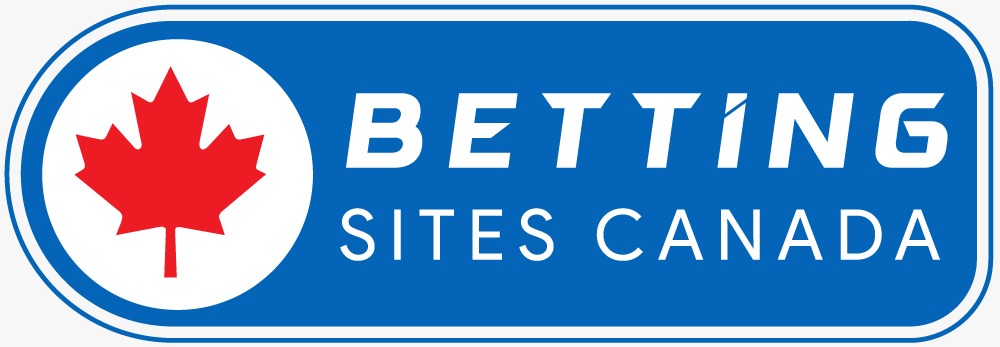Origins
Overview
Written Evidence
Dispelling
 Other Other
Claims
Original
Equipment
"MicMac" Sticks
Wooden Pucks
N.S. Box Net
 Skates Skates
 Stock Stock
 Stock Stock
vs Starr
 Starr Starr
Hockey
Further Evidence

|
Stock Skates vs Starr Skates:
‘STARR’ Skates for Star Skatists
 Block or Stock Skate Block or Stock Skate

Starr Acme Club Skate – 1863
In the early 1800s, skating in the out of doors on frozen ponds and
lakes about the Halifax and Dartmouth areas was the most favorite winter
sport, just as it was with the citizens in nearby Windsor and the students
at Windsor’s King’s College and King’s College School. At that time, a
gentleman named John Starr owned a hardware store in Halifax where he
sold block skates to the thousands of skaters in the area.

John Forbes
One of Starr’s clerks was a young Scottish immigrant named John
Forbes (pronounced For-bus), whose father had been an inventor in
Scotland. The younger Forbes, who was very clever at mechanics and invention,
noted the complaints from customers concerning the unsuitability of block
skates in that they often came loose and made the skatists feel relatively
insecure.

John Starr
In 1861, John Starr created the Starr Manufacturing Company in Dartmouth,
across the harbour from Halifax. With a wonderful natural source of power,
generated from the water running through the Shubenacadie Canal into Halifax
Harbour, the company made nuts and bolts, railway spikes, iron fittings
for industry, iron bridges and many other similar products. The foreman
of the new company was the same young and energetic John Forbes. Almost
immediately, he and his assistant Thomas Bateman set about to solve the
Nova Scotia skatists’ problems by inventing a self-fastening skate which
would attach tightly to a skaters’ boot with a mechanical lever. They
soon developed and patented the Starr “Acme Club” spring skate which met
with instant approval of the local skatists. They revolutionized figure
skating and also facilitated quick stops, starts and sudden changes of
direction required by hockeyists. Starr opened offices across the nation
and around the world. Hundreds of thousands of pairs were sold annually.
The Encyclopedia Britanica pronounced them the best and most popular skates
in the entire world. Each year the company developed an improved modification
of the basic skate and thus retained their popularity.
Back to top of page
Next Page
|
|






